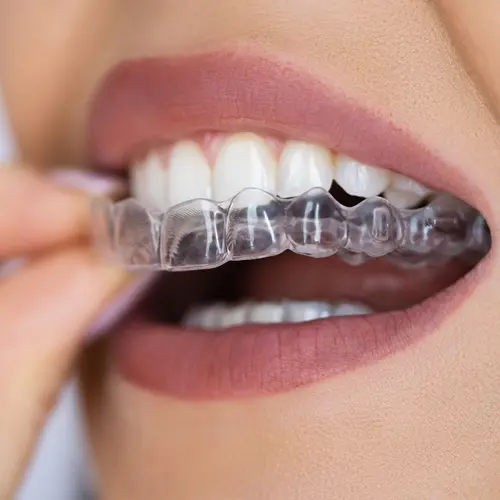Avoiding tooth loss may be partly within your control, research suggests. In the Journal of Periodontology, dental experts list nine risk factors for tooth loss due to periodontal disease.
Here's the list:
- Being older than 35
- Being male
- Never getting professional dental care
- Never using a toothbrush
- Smoking (current or past)
- Having diabetes
- Having high blood pressure
- Having rheumatoid arthritis
The ninth finding was that front (anterior) teeth were more likely to be lost to gum disease than teeth at the back of the mouth.
Some of those factors -- such as your age and sex -- won't budge. But others -- like whether you brush your teeth or smoke -- are largely up to you.
Tracking Tooth Loss
The list was created by Khalaf Al-Shammari, DDS, MS, and colleagues. Al-Shammari works in Kuwait's Ministry of Health.
It covered all adults who had a tooth removed at 21 randomly chosen general dental practice clinics -- a quarter of such clinics in Kuwait.
The clinics were all run by the Kuwaiti government. Most Kuwaitis who get dental care go to such clinics as part of the country's health system, the researchers note.
The grand totals: 1,775 patients and 3,694 teeth removed. Fourteen patients had all of their teeth taken out.
Leading Reason for Tooth Loss
Gum (periodontal) disease was the leading reason for tooth loss. It's one of the world's main causes of tooth loss, the researchers note.
Men were more likely than women to have a tooth removed. Tooth loss was also more common among patients aged 35 and older.
About three out of 10 patients were smokers or ex-smokers. The link between smoking and tooth loss might have been stronger if more information had been available on the patients' smoking habits and history, the researchers note.
Consequence of Poor Dental Care
Nearly 40% of the patients reported that they had never gotten professional dental maintenance.
Only 13% said they had gotten professional dental care in the six months before their tooth extraction.
Most patients -- 60% -- said they never or only occasionally brushed their teeth. Only about 16% reported brushing their teeth at least twice daily.
Tooth Loss and General Health
Many patients also had other health problems.
Nearly one in five had type 2 diabetes. The association between gum disease and diabetes is "well established," the researchers write.
More than one in 10 patients had high blood pressure. The researchers note that an earlier study reported an association between gum disease and high blood pressure in postmenopausal women.
Apart from that study, links between the gum disease and high blood pressure aren't well defined, according to the researchers.
Al-Shammari's study also shows a strong link between rheumatoid arthritis and tooth loss due to gum disease. However, that link "is still not clearly established," the researchers write.
No tests were done to show that diabetes, high blood pressure, or arthritis caused tooth loss. The study just covers common traits among the patients.
Global Pattern?
Would these results hold true outside of Kuwait? Cases of tooth loss from gum disease were "remarkably similar to most studies performed around the world," write Al-Shammari and colleagues.
